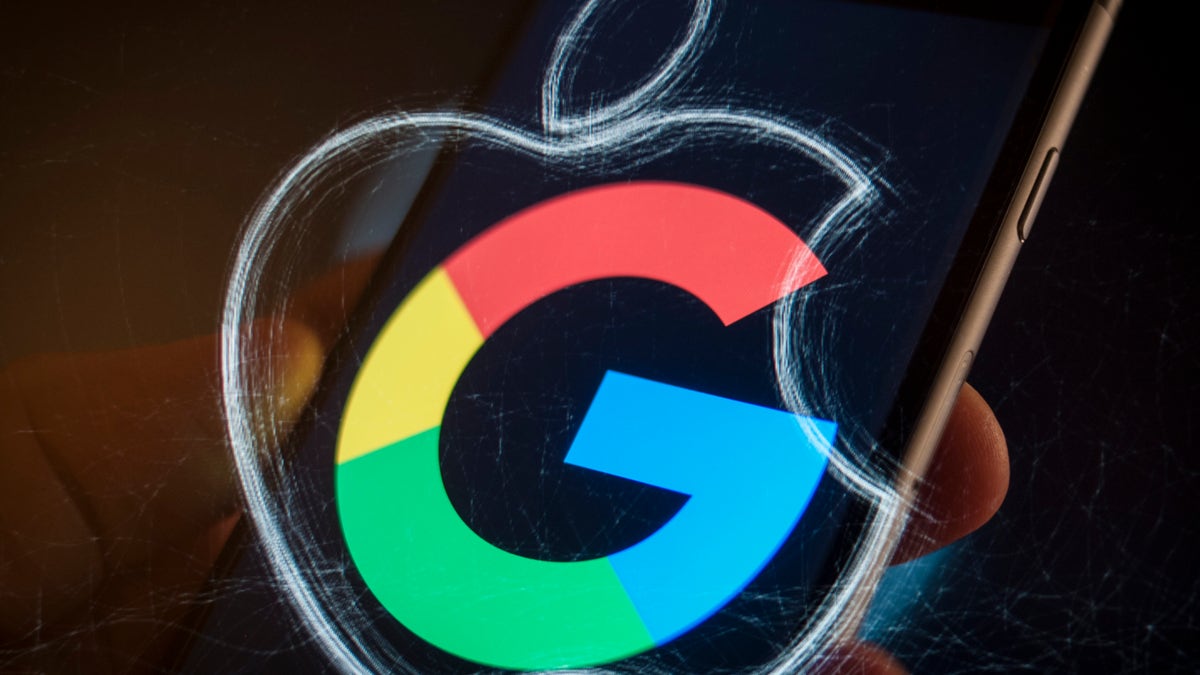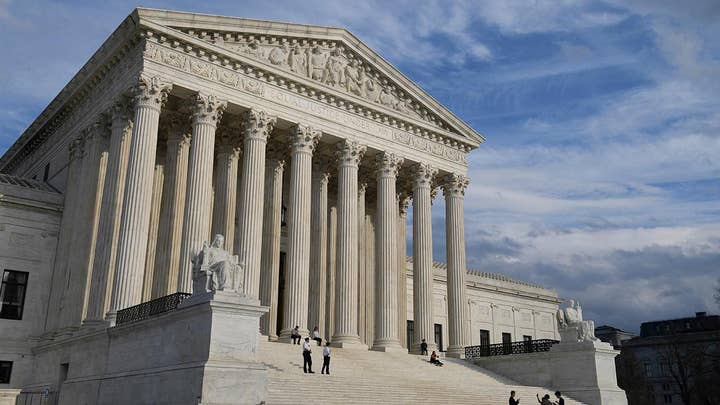Fox News Flash top headlines for May 28
Fox News Flash top headlines for May 28 are here. Check out what's clicking on Foxnews.com
A senior Apple executive dismissed Google CEO Sundar Pichai's claim that Apple is only able to focus on privacy because it charges a premium for its products.
In a recent New York Times op-ed, the Google chief executive wrote that "privacy cannot be a luxury good offered only to people who can afford to buy premium products and services." Although he didn't mention Apple by name, it seems clear that's the company he was referring to.
"I don't buy into the luxury good dig," Craig Federighi, Apple's senior vice president of software engineering, told The Independent in a wide-ranging interview focused on privacy and security.
Federighi said that it's "gratifying" to see other companies more focused on privacy in recent months, but he pushed back on the criticism and seemed to take his own subtle swipe at Google -- which has faced its own challenges over privacy and data security.
"I think it's a deeper issue than what a couple of months and a couple of press releases would make," Federighi told the British news outlet. "I think you've got to look fundamentally at company cultures and values and business model. And those don't change overnight."
APPLE'S SIRI AND AMAZON'S ALEXA SPREAD SEXISM, UN STUDY CLAIMS
Federighi elaborated to The Independent: "But we certainly seek to both set a great example for the world to show what's possible, to raise people's expectations about what they should expect of products, whether they get them from us or from other people. And of course, we love, ultimately, to sell Apple products to everyone we possibly could – certainly not just a luxury."
"We think a great product experience is something everyone should have. So we aspire to develop those."
The back-and-forth insults between Silicon Valley titans have been a feature of the growing public backlash over issues of privacy, election security and content moderation.
In a recent commencement address, Apple CEO Tim Cook took a swipe at Facebook, again without directly naming the social network, when he said: "We forget sometimes that our preexisting beliefs have their own force of gravity. Today, certain algorithms pull toward you the things you already know, believe, or like, and they push away everything else. Push back! It shouldn't be this way."
'OVER THE RAINBOW' COMPOSER USES APPLE, GOOGLE AND AMAZON FOR PIRACY
Prior to that, Facebook CEO Mark Zuckerberg used a 3,225-word blog post about the firm's new focus on privacy and encrypted communication to throw some shade at Apple. “As we build our infrastructure around the world, we’ve chosen not to build data centers in countries that have a track record of violating human rights like privacy or freedom of expression,” Zuckerberg wrote.
That comment was aimed at Apple, which does have a data storage center in China that's operated by a Chinese company. Privacy advocates including Amnesty International slammed Apple for the decision.
“Tim Cook is not being upfront with Apple’s Chinese users when insisting that their private data will always be secure,” said Nicholas Bequelin, East Asia Director at Amnesty International, in a statement in March 2018. “Apple’s pursuit of profits has left Chinese iCloud users facing huge new privacy risks.”

An Apple iPhone with a Google logo is seen in this photo illustration on December 6, 2017. (Getty Images)
However, Federighi said the concerns in this instance are overblown and that any data being stored in China is encrypted.
AMAZON IS EYEING A RETURN TO NEW YORK CITY
"Step one, of course, is the extent that all of our data minimization techniques, and our keeping data on device and protecting devices from external access – all of these things mean that that data isn't in any cloud in the first place to be accessed by anyone," he told The Independent.
Apple is claiming that since it's not collecting data in the same way that Google does with its Android operating system, there is no data for officials in China or anywhere else to read or abuse. For example, with iMessage only the two users sending and receiving can read them, so whether they're sent over a server in China should not be relevant, as long as the security works.
Facebook, like most U.S. tech companies, does not currently operate in China, although Zuckerberg spent considerable time trying to court Chinese officials over the years. Google, which was developing a censored Chinese search engine, has since stopped development on that project after public outcry and employee pushback.










































